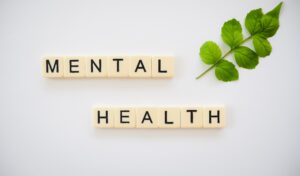“Resentment is like drinking poison and waiting for the other person to die.” – Carrie Fisher (American actress and writer)
Grudges are a common way for people to cope with unpleasant emotions and experiences, even as young children. This reaction is common when people believe that someone has harmed them on purpose, especially if they do not seem to care or make an effort to apologize or put things right.
While it is common for everyone to harbor the occasional grudge, some people might be more inclined to harbor resentment than others. Holding resentments and placing blame may occasionally be an attempt at self-defense. In a similar vein, some individuals may be more aware of the fact that they fuel sentiments of resentment than others, who may not be aware of the part they play in maintaining their anger. Long-lasting resentment can develop from a range of problems, both significant and minor.
Furthermore, the cycle of anger and blame can become worsened if a person harbors resentment toward the person they believe has harmed them. People’s established unfavorable attitudes and cognitive errors, however, are occasionally linked to holding grudges.
In essence, it is bad for anyone to hold a grudge. Instead of moving on with life, it causes people to become stuck in their rage and more prone to prolonged worrying. In effect, grudges keep people buried in the past and prevents them from coping with or resolving their problems.
Impact on Mental Health

Photo source: Total Shape
A person’s mental health might suffer in several ways from holding grudges. The wisest course of action is always to accept and move past a bad experience or to find a workable settlement because holding on can keep one stuck in a cycle of bitterness and hatred, among 犀利士
other things.
It can be exhausting and irritating to repeatedly go through the upsetting event and associated feelings as nothing improves or changes except that it becomes hurtful. Additionally, research demonstrates that even if time has passed, dwelling on a negative experience can make it seem like it happened much more recently.
Also, the act of harboring a grudge could even end up being more unpleasant than the original occurrence when people exaggerate the experience in their imaginations, which is very frequent. Unfortunately, considering that it is self-inflicted, the person will probably only feel worse. Developed conflict and unchecked internal anger can lead to additional tension, spitefulness, stress, anger, and pessimism, which can raise people’s tendency for mental health issues including depression, anxiety disorder, and emotional disorder, among other things.
It is essential to keep in mind in daily interactions that mental health and sanity play a significant influence on one’s overall health safety.


